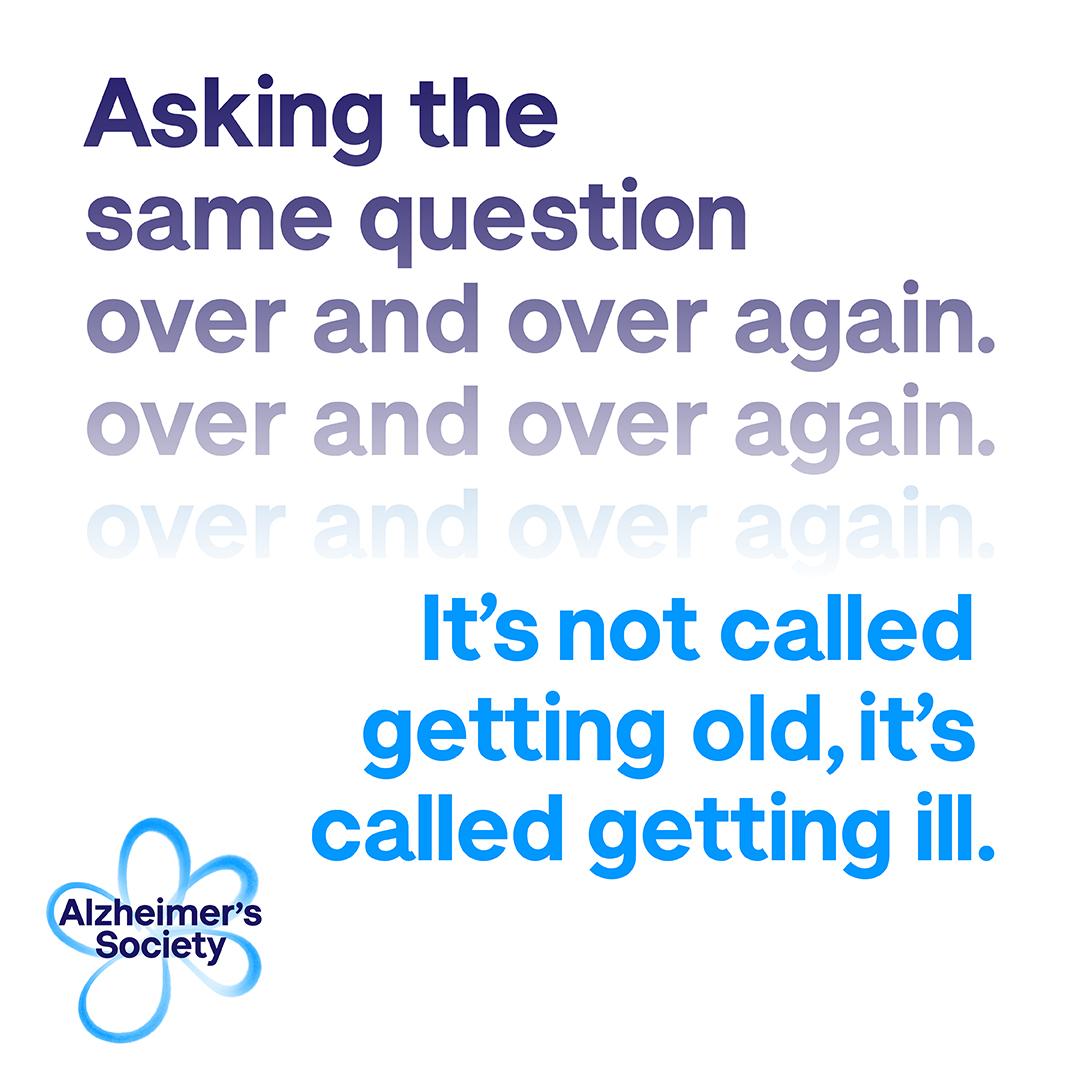It might indicate dementia if you or a loved one suffers memory loss. According to an Alzheimer’s Society study, the largest obstacle to people obtaining a dementia diagnosis is the belief that memory loss is a symptom of normal ageing.
With dementia diagnosis rates at a five-year low, we want to encourage individuals living with undiagnosed dementia to seek help from us and feel inspired to take the next step.

What do you mean by Dementia Action Week?
Dementia Action Week is a campaign to raise awareness about dementia. We engage with individuals and organisations across the UK every year to urge people to ‘act on dementia.’ The topic for this year’s campaign is diagnosis.
Dementia Action Week – What is Quality Care for Dementia?
The Alzheimer’s Society’s biggest and longest-running campaign is Dementia Action Week. Its goal is to raise dementia awareness and urge people and organisations to ‘act on dementia’.
Dementia Action Week is a national event in which the general public in the United Kingdom takes action to enhance the lives of dementia patients.
This Dementia Action Week, speak out for your loved ones
Coronavirus has shown how a social care system that is insufficient, difficult to obtain, pricey, and discriminatory has failed families dealing with dementia. The epidemic has impacted dementia patients the hardest, accounting for a fifth of all coronavirus fatalities in the UK.
Governments must now correct decades of inequity and underinvestment to create a social care system that we can all be proud of. Alzheimer’s Society wants your aid to urge the government to restructure the social care system in 2022 during Dementia Action Week. Will you participate and demonstrate that you care?
In the United Kingdom, 34.5 million people know someone who has dementia. Together, we can effect change. One in every three persons born in the UK today may develop dementia. One million people will be living with dementia by 2025, making dementia care one of the most pressing issues confronting our society.
People with dementia rely on social care rather than the NHS because few therapies are available. Dementia patients make up the bulk of social care recipients. Thus the system must support them.
Dementia Care at TLC Care
At TLC Care we focus on building personal relationships that enable independence and creativity. With the help of specifically-designed facilities, tailored wellbeing programs, life story work and engagement with specialist dementia care organisations, we offer a holistic approach.
The way we care for residents living with dementia is by getting to know them and creating a family environment that encourages cognitive ability.
Click here to contact your local home today to find out more about their dementia care.




